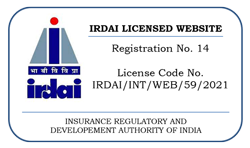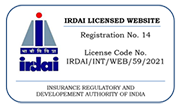Two-wheeler insurance typically offers two types of coverage:
- Third-Party Liability Coverage: This coverage is mandatory by law in most countries and covers the policyholder's legal liabilities for causing injury, death, or property damage to a third party in an accident involving the insured two-wheeler.
- Comprehensive Coverage: This coverage goes beyond third-party liability and provides protection for damages or loss to the insured two-wheeler. It includes coverage for accidents, theft, fire, vandalism, natural disasters, and personal accidents for the policyholder.
To obtain two-wheeler insurance, the policyholder pays a premium to the insurance company, which can be paid annually, semi-annually, or in installments. The premium amount is based on factors such as the make and model of the vehicle, the age of the rider, the location, and the coverage options selected.
In the event of an accident or loss, the policyholder can file a claim with the insurance company. The insurer will assess the damages and provide compensation based on the terms and conditions of the policy. Repairs, replacements, and other covered expenses are typically reimbursed by the insurer, reducing the financial burden on the policyholder.
Having two-wheeler insurance is not only a legal requirement but also provides financial protection and peace of mind. It safeguards against unexpected expenses and liabilities that may arise from accidents, theft, or other incidents involving the insured two-wheeler. It is important to carefully review the policy terms, coverage limits, deductibles, and exclusions to ensure the insurance policy meets individual needs and offers comprehensive protection.



